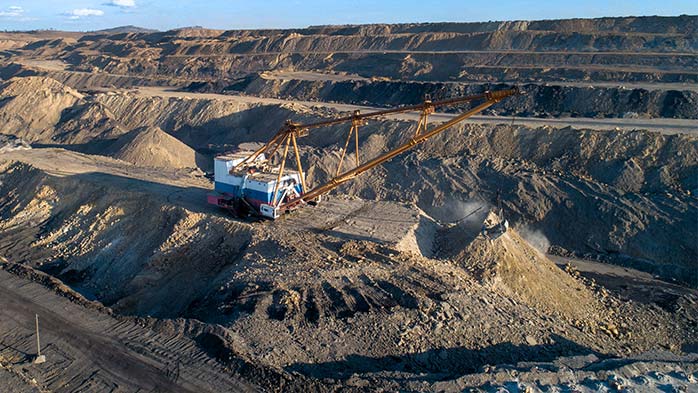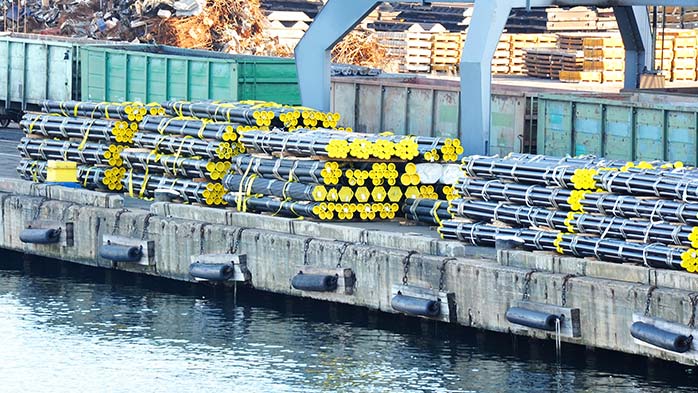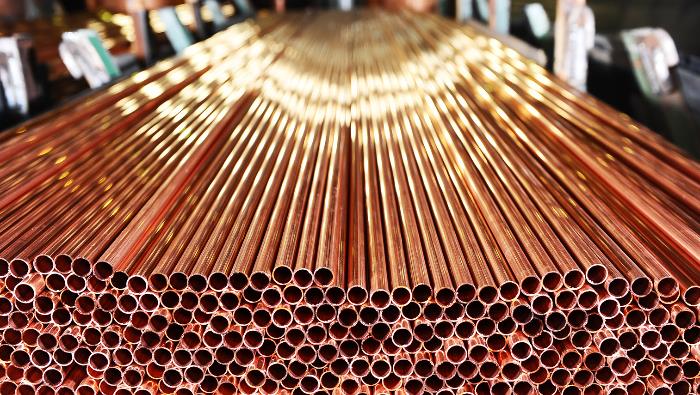
Although successful containment of the virus is far from certain it is time to look at the influence governments, consumers and miners can have on the future performance of the mining and metals sector.
Commodity prices rebounded sharply during the 2008/09 Global Financial Crisis (GFC). Can we expect the same this time? There are negatives and positives when comparing today’s situation with the GFC.
On the downside, China’s economy is far more advanced and we are unlikely to see the same levels of government led infrastructure build or China's State Reserve Bureau (SRB) commodity stockpiling that helped commodity demand and prices then. Other governments lack the ability to launch significant commodity intensive infrastructure initiatives.
In addition, there is simply not the same intergovernmental political will to work together and solve this economic crisis, as there was during the GFC.
This creates significant uncertainty on the timing and strength of a global recovery with the real danger that government finger pointing and uncoordinated policy making could slow any commodity rebound. (Read more: V, U and L: Demystifying recession shapes).
More encouragingly, social distancing is having the greatest impact on the commodity-light service sector. What will consumers do with their disposable income instead? Will consumers save or spend on commodity-intensive goods, cars and home improvements?
Or will there be a rapid emergence of mass unemployment mitigating any potential sector gains?
Furthermore, we are not experiencing a credit crunch today. There will be plenty of investment dollars looking for a home this year and if miners can prove that margins are more important than volumes, the mining and metals sector could outperform. Afterall would you currently invest in commercial property, retail, aviation or the automotive sector?
Initial recovery signals from China are also positive pointing to a rebound in domestic commodity demand. PMI’s, industrial production data, construction activity and auto sales all show signs of some recovery. Colleagues in China say that what they are seeing on the ground fits with the data. Around them the streets are filling up again and there is strong support for their government actions throughout the crisis. The consumer service sector remains subdued though. There is little talk of metal stockpiling or new infrastructure projects although details will become clearer after the meeting of China’s National People’s Congress later this month.
In reality, it will be another 3-6 months before we see how consumer spending develops and hence how business confidence is impacted. This does not stop miners taking positive action now.
Miners are well positioned to manage demand uncertainty. CRU price baskets for base metal, steel and fertilizer prices have only fallen between 6-12 per cent since March 1st. Sector equity prices remain robust, for example the S&P/ASX 300 Metals & Mining index has declined by less than 5 per cent over the same period. There are notable exceptions to this positive outlook, for example in seaborne thermal and metallurgical coal but they remain exceptions.
Mining debt remains manageable with good liquidity levels. There are options to reduce leverage ratios if needed and management teams with recent experience in delivering cost reductions. The resilience of the sector has been shown in recent days as Fitch Ratings have affirmed unchanged credit ratings for Anglo American, BHP and Rio Tinto.
CRU Analysis suggests that margins remain positive for most mining assets that sit below the 90th percentile of the cost curve with additional cost reductions to come as currency and hedged energy positions unwind.
This is both a ‘margin’ blessing and a ‘supply discipline’ curse.
CRU's business scenarios over the next 18 months capture a broad range of demand assumptions. In all cases miners need to demonstrate a strong resolve to balance their markets and manage cash reserves prudently to maintain positive sentiment towards the sector. Supply discipline has been discussed at length in recent years. If miners hold the line, commodity prices, related debt and equity markets could all outperform in the weeks and months ahead. (Read more: Covid-19 scenarios: strategies for managing the cycle and beyond).
Financial Times Ltd
15 May 2020

The Latest from CRU

Decarbonisation will reshape global steel trade flow
CRU’s Steel Long Term Market Outlook presents comprehensive analysis of global steel trade flows until 2050. Decarbonisation will play a significant role in redefining...


